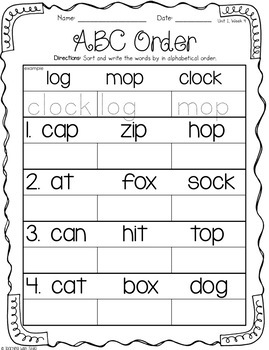

Galileo Galilei (1564–1642) is generally considered to be the originator of the theory of structures. 1000–1500), still stand today is a testimonial to the ingenuity of their builders. The fact that some of the magnificent structures from earlier eras, such as Egyptian pyramids (about 3000 b.c.), Greek temples (500–200 b.c.), Roman coliseums and aqueducts (200 b.c.–a.d.
#STRUCTURAL ANALYSIS EXAMPLES FOR READING TRIAL#
Earlier engineering structures were designed by trial and error and by using rules of thumb based on past experience. However, it was not until about the middle of the seventeenth century that engineers began applying the knowledge of mechanics (mathematics and science) in designing structures. Since the dawn of history, structural engineering has been an essential part of human endeavour. Thus, the analysis of a structure usually involves determination of these quantities as caused by a given loading condition. The performance characteristics commonly of interest in the design of structures are (1) stresses or stress resultants, such as axial forces, shear forces, and bending moments (2) deflections and (3) support reactions. Structural analysis is the prediction of the performance of a given structure under prescribed loads and/or other external effects, such as support movements and temperature changes.

INTRODUCTION AND HISTORY OF STRUCTURAL ANALYSIS Introduction to Matrix Structural Analysis.Influence Lines for Statically Indeterminate Structures.Three-Moment Equation and the Method of Least Work.Method of Consistent Deformations – Force Method.Approximate Analysis of Rectangular Building Frames.Introduction to Statically Indeterminate Structures.Deflections of Trusses, Beams and Frames – Work-Energy MethodsĪNALYSIS OF STATICALLY INDETERMINATE STRUCTURES.Deflections of Beams – Geometric Methods.



 0 kommentar(er)
0 kommentar(er)
